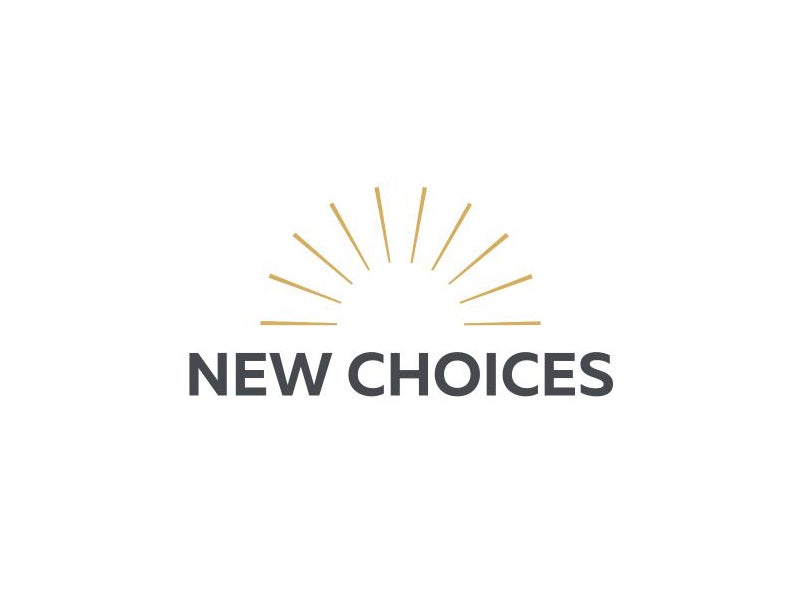Delaware County Community College offers lifelong learners a wide variety of non-credit classes for enrichment, job training or certification. Return to learn today!
New offerings
Effective Leadership Certificate
Certificate in Online Teaching
Certificate in Leadership Development
Welding Metallurgy
Management Certificate
GED Test Preparation
Bookkeeping Certificate

Career Growth and Professional Education

Technical and Trade Skills
Architecture
Automotive
Carpentry, Electrical & HVAC
CNC Certification
Welding
Wastewater
Mobile Phone Courses
CPR & First Aid Training
Technical and Trade Skills

Health and Well-Being

Creative Arts and Personal Development
Creative Arts
Floral Design
Web Design & Digital Photography
Return to Learn 55+
Retirement Options
Kids Camps
Creative Arts and Personal Development

Languages and Communication
Languages and Communication

Technology and Computer Skills
Technology and Computer Skills

Corporate and Business Training
Corporate and Business Training

Academic and Test Preparation
Academic and Test Preparation

Special Interest Courses
Special Interest Courses
New Choices
New Choices is a free, statewide career development course with 30 years of success in empowering Pennsylvanians with the skills, resources and support they need to find meaningful employment.
Through in-person and virtual classes and one-on-one career coaching, the program is designed to give participants individualized attention and training to help each person achieve personally and professionally.

FAQ
What is a Certificate of Completion?
A Certificate of Completion is an official document that verifies an individual has finished a specific course, training program or project. Unlike a diploma or degree, it does not necessarily indicate mastery of a subject or confer any formal qualifications. Instead, it serves as proof of participation and completion.
Certificates of completion are commonly issued for:
- Online courses or workshops
- Job training programs
- Construction or real estate projects
- Professional development courses
While they may not always hold academic or professional accreditation, they can still be valuable for resumes, portfolios, or continuing education.
What is the difference between a certificate and certification?
The terms “certificate” and “certification” are often used interchangeably, but they refer to different concepts:
Certificate:
- A certificate is a document that serves as proof of completion of a specific course or program. It is typically awarded after an individual successfully completes a training or educational program, demonstrating that they have acquired certain knowledge or skills.
- Certificates can be issued by educational institutions, training organizations, or professional bodies and may cover a wide range of subjects, from academic courses to vocational training.
Certification:
- Certification is a formal process by which an individual is evaluated and recognized as having met specific standards set by a professional organization or certifying body. This often involves passing an examination or meeting other criteria.
- It signifies that an individual possesses a certain level of expertise or competency in a particular field, and it may require ongoing education or re-certification to maintain the credential.
In summary, a certificate is a document indicating completion of a course, while certification is a formal recognition of an individual’s qualifications and skills in a specific area.
Who can enroll in continuing education courses?
Continuing education courses are typically open to a wide range of individuals, including:
- Working Professionals – Those looking to upskill, gain certifications, or stay current in their field.
- Career Changers – Individuals seeking to transition into a new industry.
- College Graduates – People looking to supplement their degrees with additional skills.
- Adults Seeking Personal Enrichment – Those interested in learning for personal growth (e.g., art, language, or fitness classes).
- Retirees – Seniors who want to stay engaged and continue learning.
- Students – Some programs allow high school or college students to take courses for extra learning.
Most continuing education programs have minimal prerequisites, making them accessible to a broad audience.
What types of courses are offered through continuing education?
Continuing education courses cover a wide range of subjects designed for professional development, skill enhancement, and personal enrichment. Some common types include:
- Professional Development & Career Advancement
- Technical & Trade Skills
- Healthcare & Wellness
- Creative & Artistic Courses
- Certificate and Licensing Courses
Many continuing education programs are offered online, in-person, or in hybrid formats, making it easy to fit learning into a busy schedule.
Do I need any prerequisites to enroll in continuing education courses?
It depends on the course. Many continuing education classes have no prerequisites, making them accessible to a wide range of learners. However, some specialized or advanced courses may require:
- Prior knowledge or experience (e.g., advanced computer classes may require basic computer skills).
- Educational background (e.g., a certification course in finance might require a basic understanding of accounting).
- Work experience (e.g., professional development courses may be designed for individuals in a specific industry).
- Healthcare (e.g., certain healthcare courses may require specific vaccinations).
If a course has prerequisites, they are usually listed in the course description. We do offer introductory classes for beginners who need to build foundational skills before enrolling in more advanced coursework.


 Admissions
Admissions  Financial Aid
Financial Aid Academic Divisions
Academic Divisions Academic Support Resources
Academic Support Resources Learning Commons
Learning Commons Academic Calendar
Academic Calendar Program Search
Program Search Course Information
Course Information Online Learning
Online Learning English Language Learners
English Language Learners Municipal Police Academy
Municipal Police Academy Beyond Associate Degrees
Beyond Associate Degrees Cooperative Education & Internships
Cooperative Education & Internships Academic Advising
Academic Advising Assessment Services
Assessment Services Act 101 Program
Act 101 Program Campus Shuttle
Campus Shuttle Career & Counseling Services
Career & Counseling Services CARE Team
CARE Team Disability Services
Disability Services KEYS
KEYS New Students
New Students Parenting Students Resources
Parenting Students Resources Transfer
Transfer Student Employment Services
Student Employment Services Student Records
Student Records Student Resource Center
Student Resource Center Campus Life
Campus Life Personal Counseling
Personal Counseling New Student Orientation (NSO)
New Student Orientation (NSO) Online Classes
Online Classes Professional Development
Professional Development Community Education
Community Education Training & Certification
Training & Certification Prospective Students
Prospective Students Current Students
Current Students Alumni and Giving
Alumni and Giving Veteran and Military Services
Veteran and Military Services Parents & Family
Parents & Family